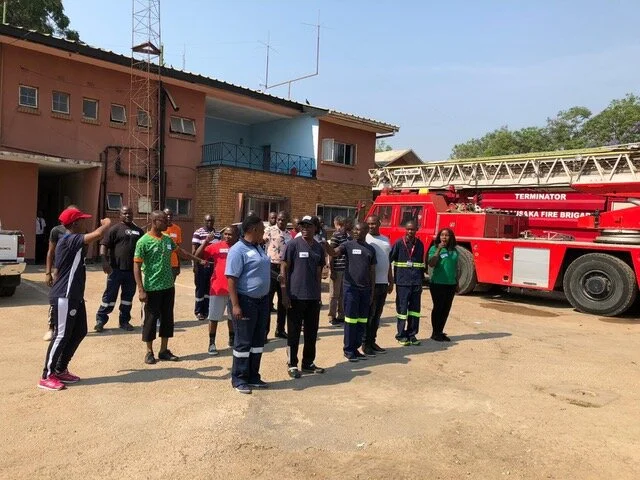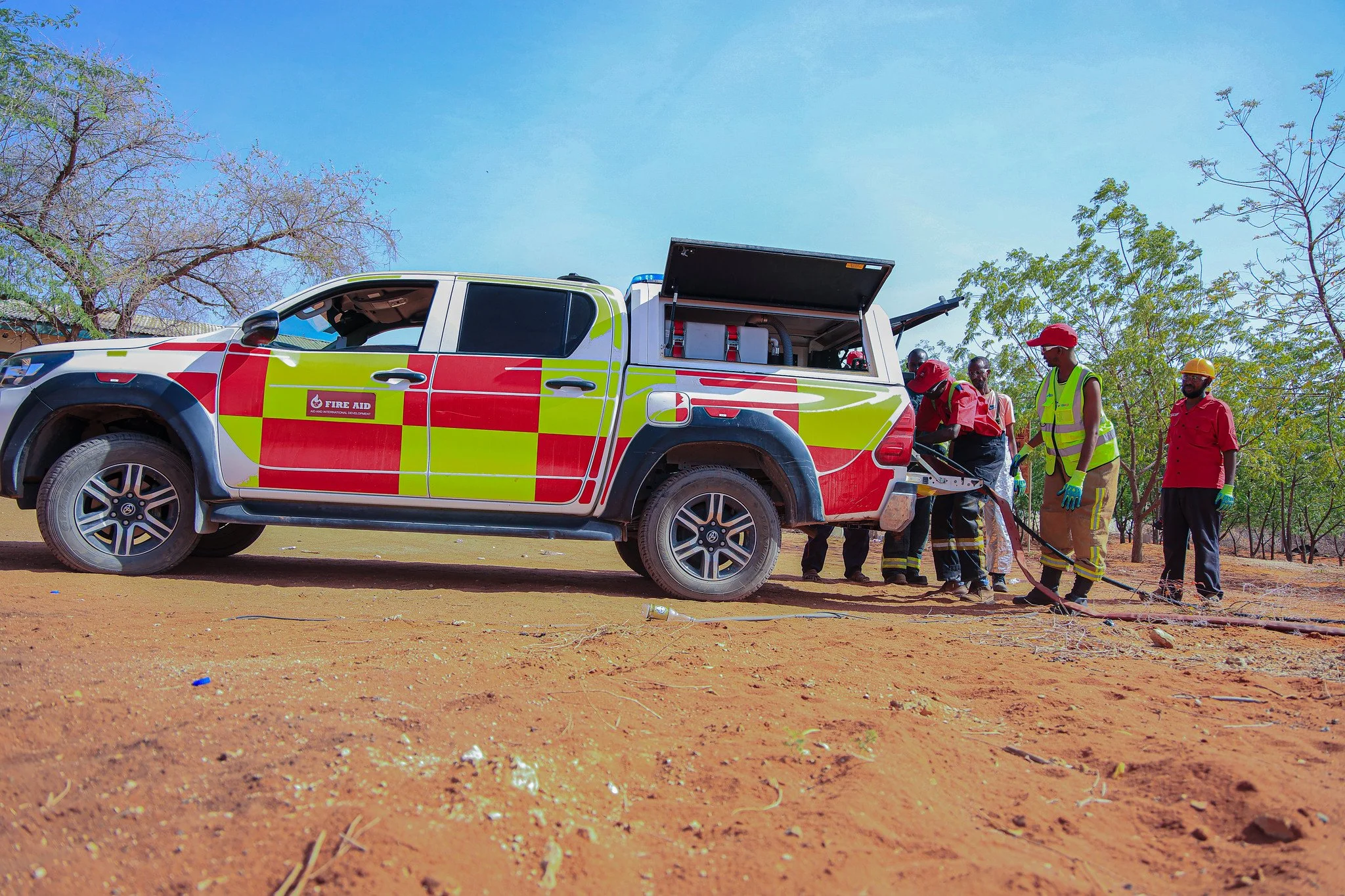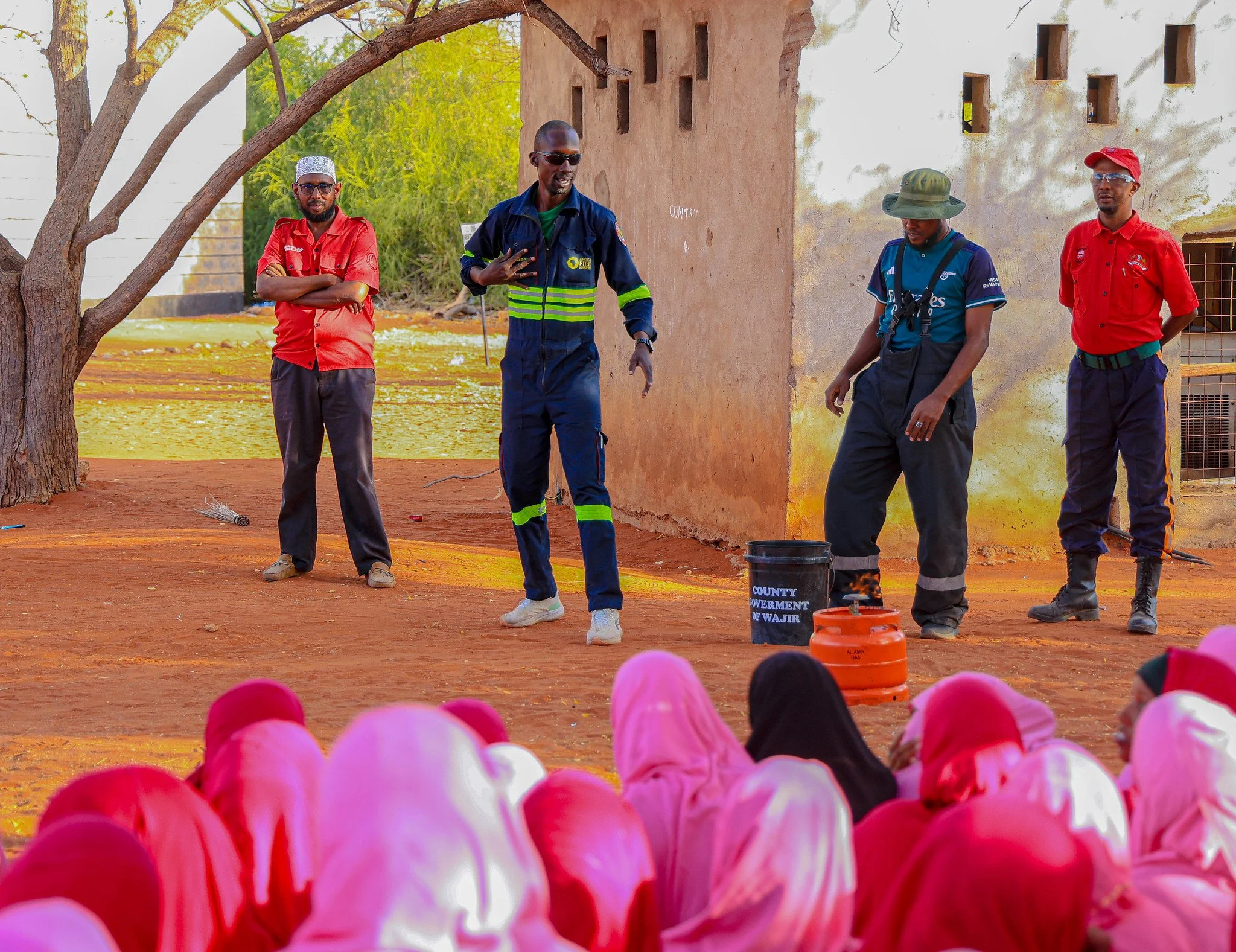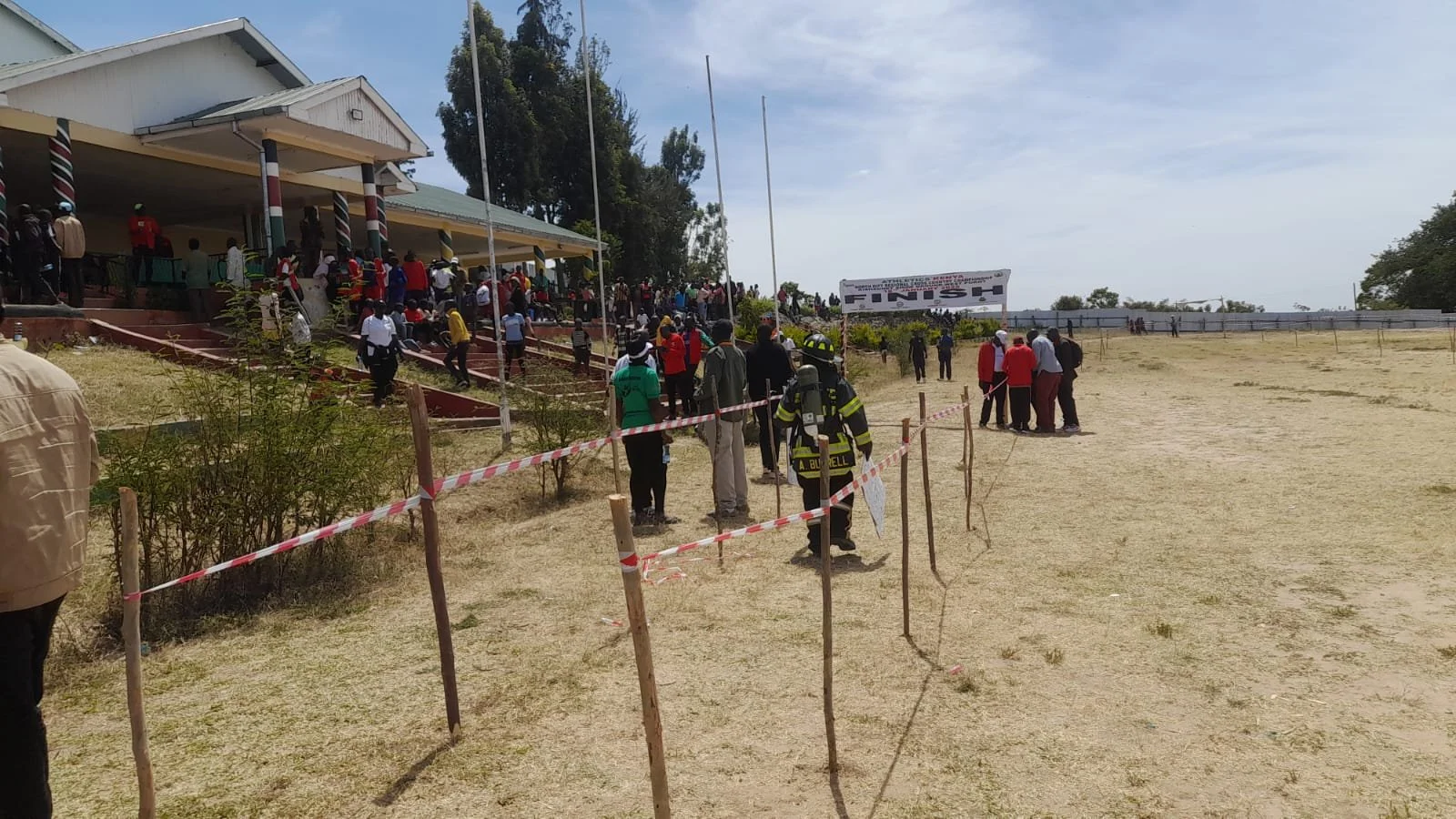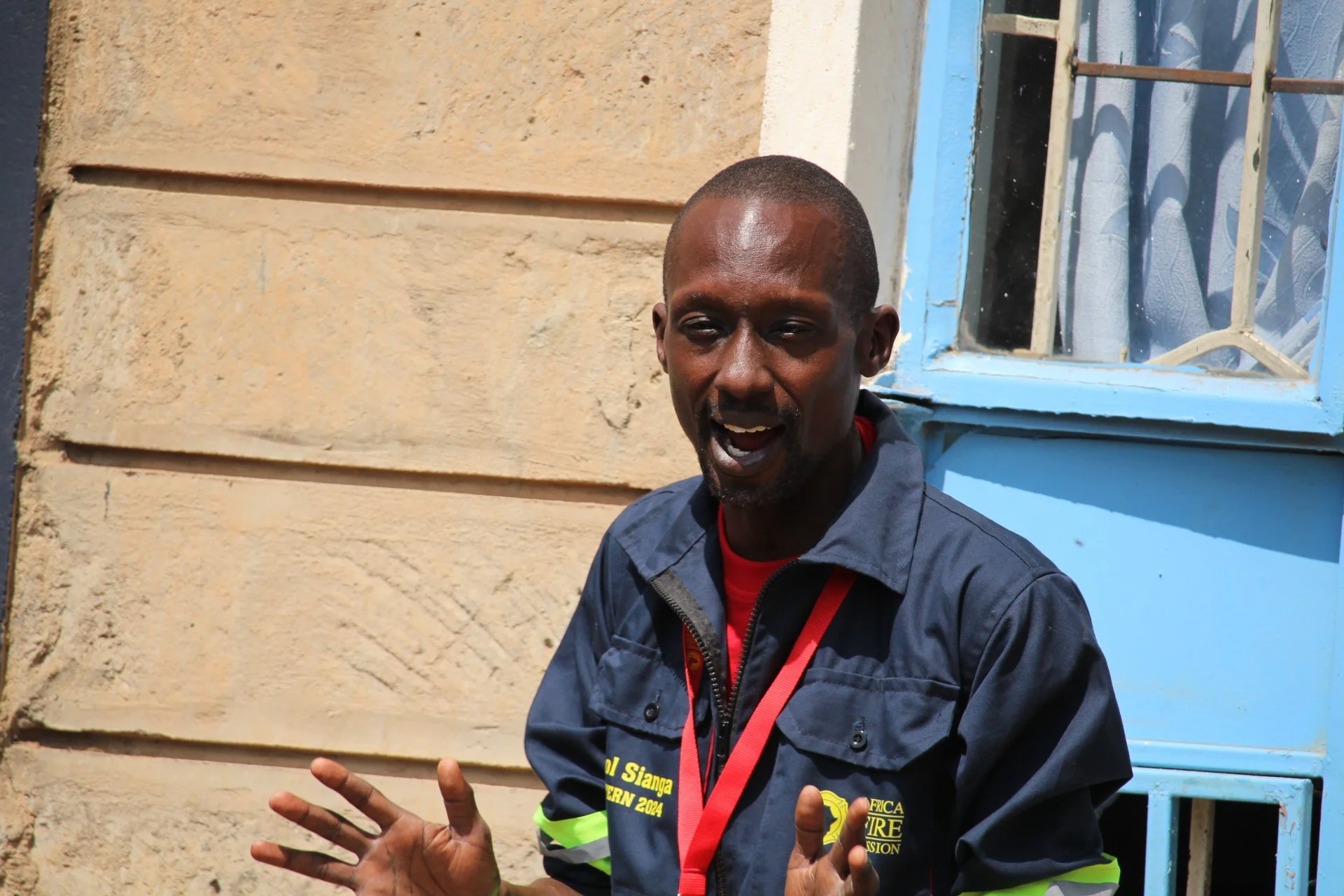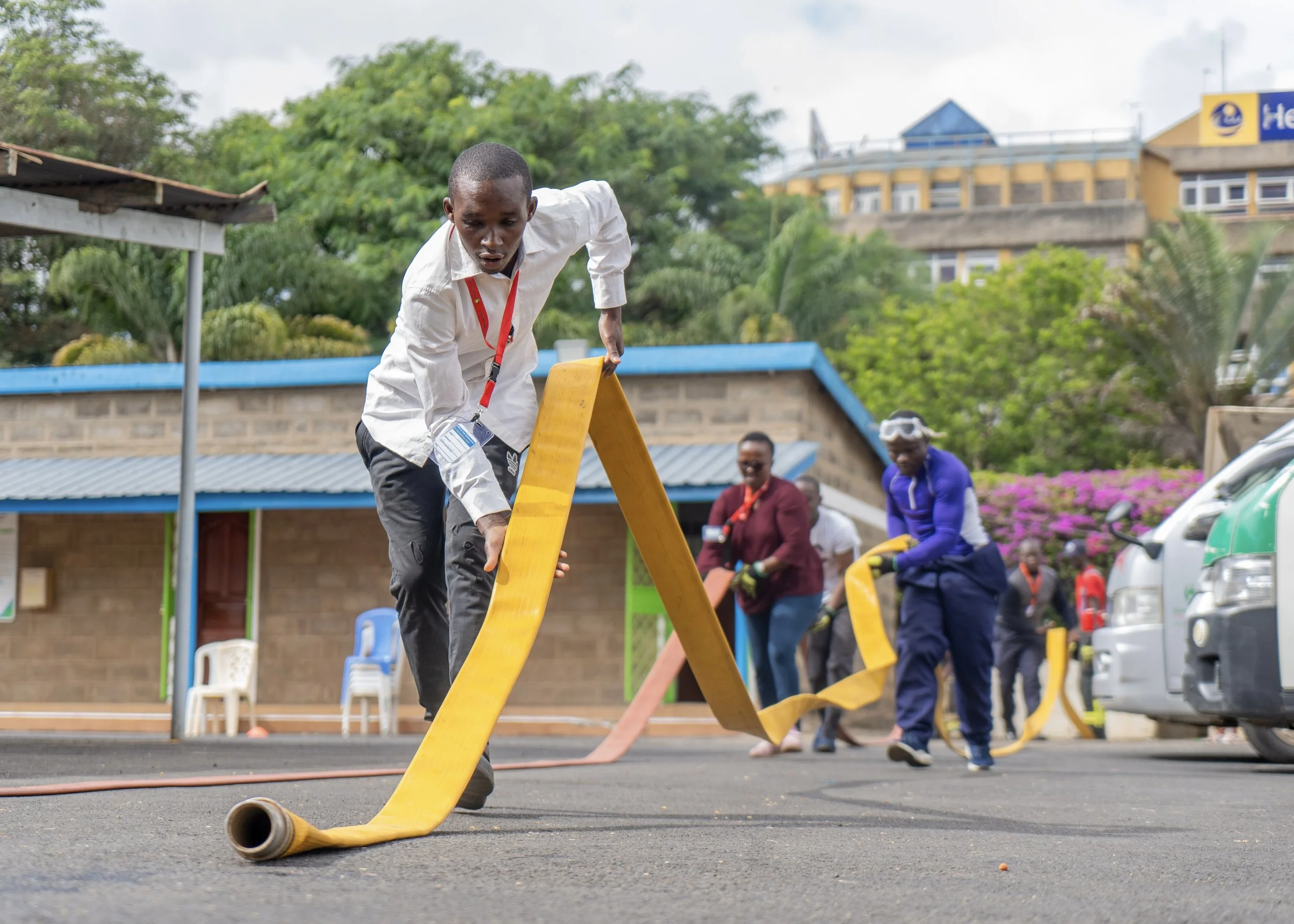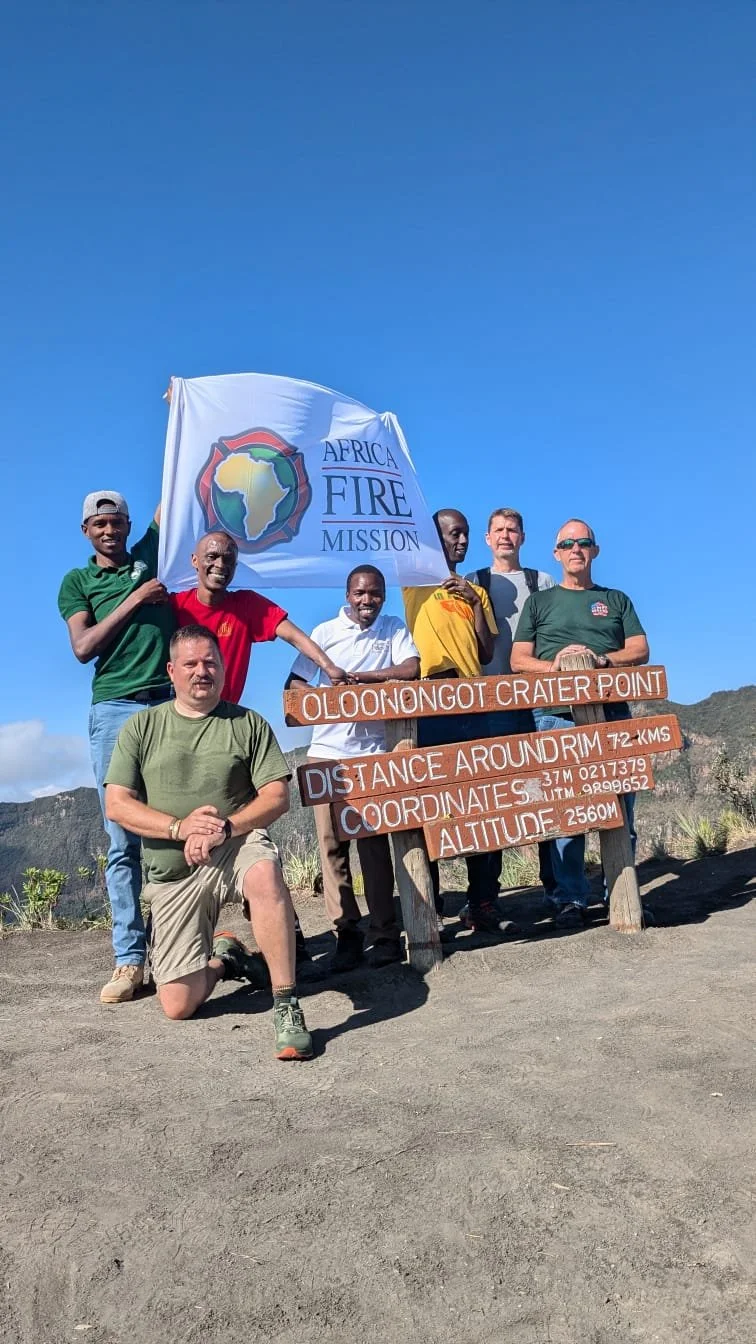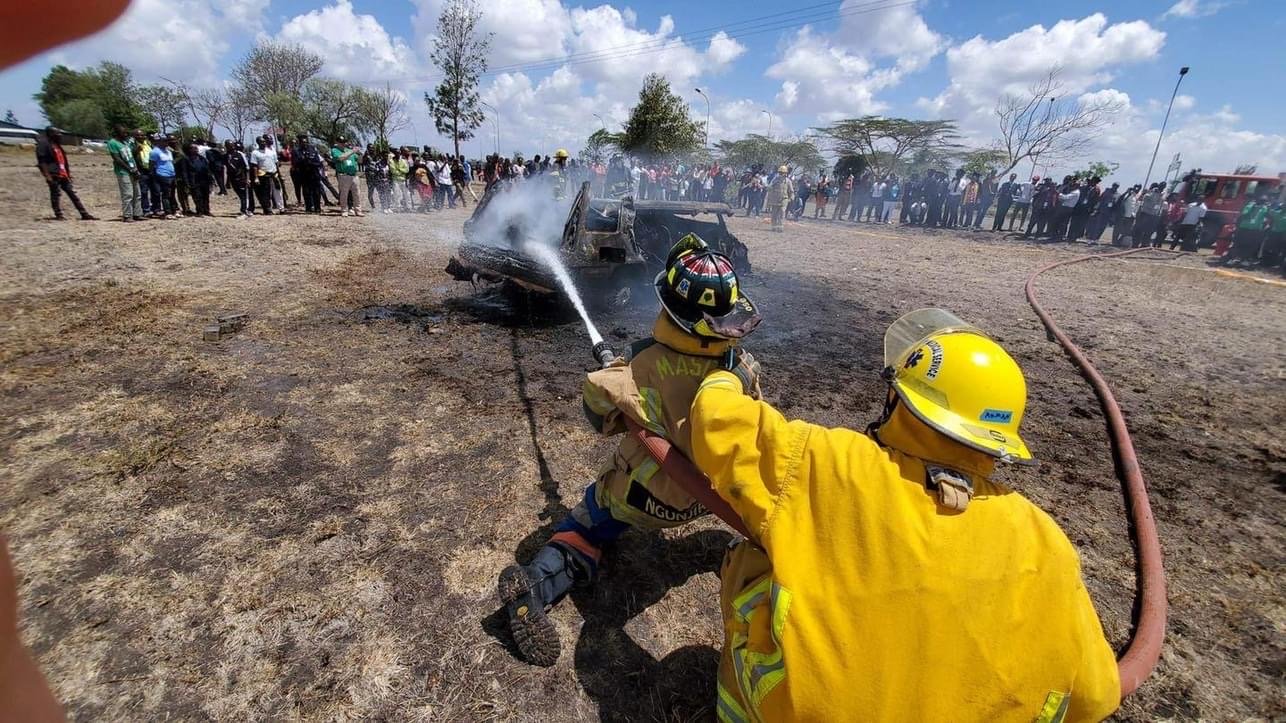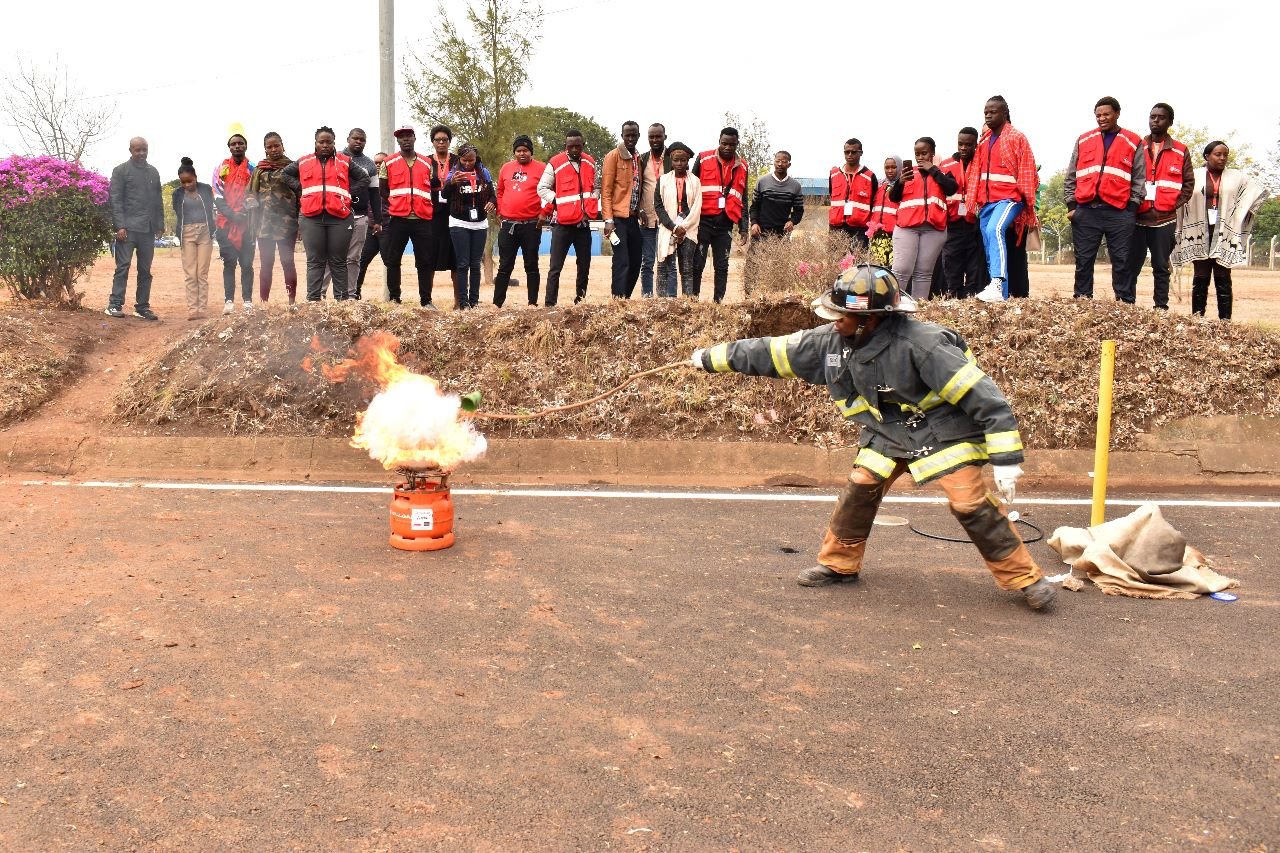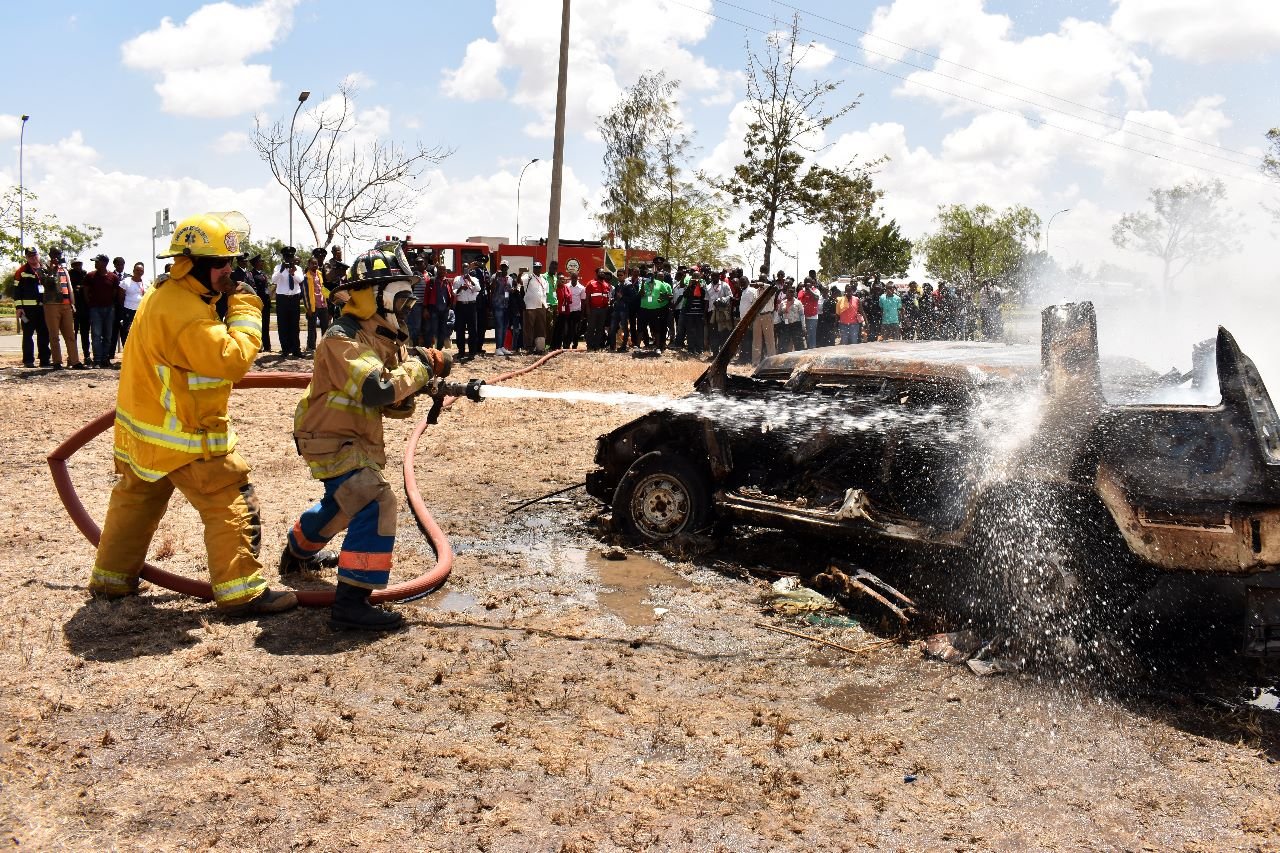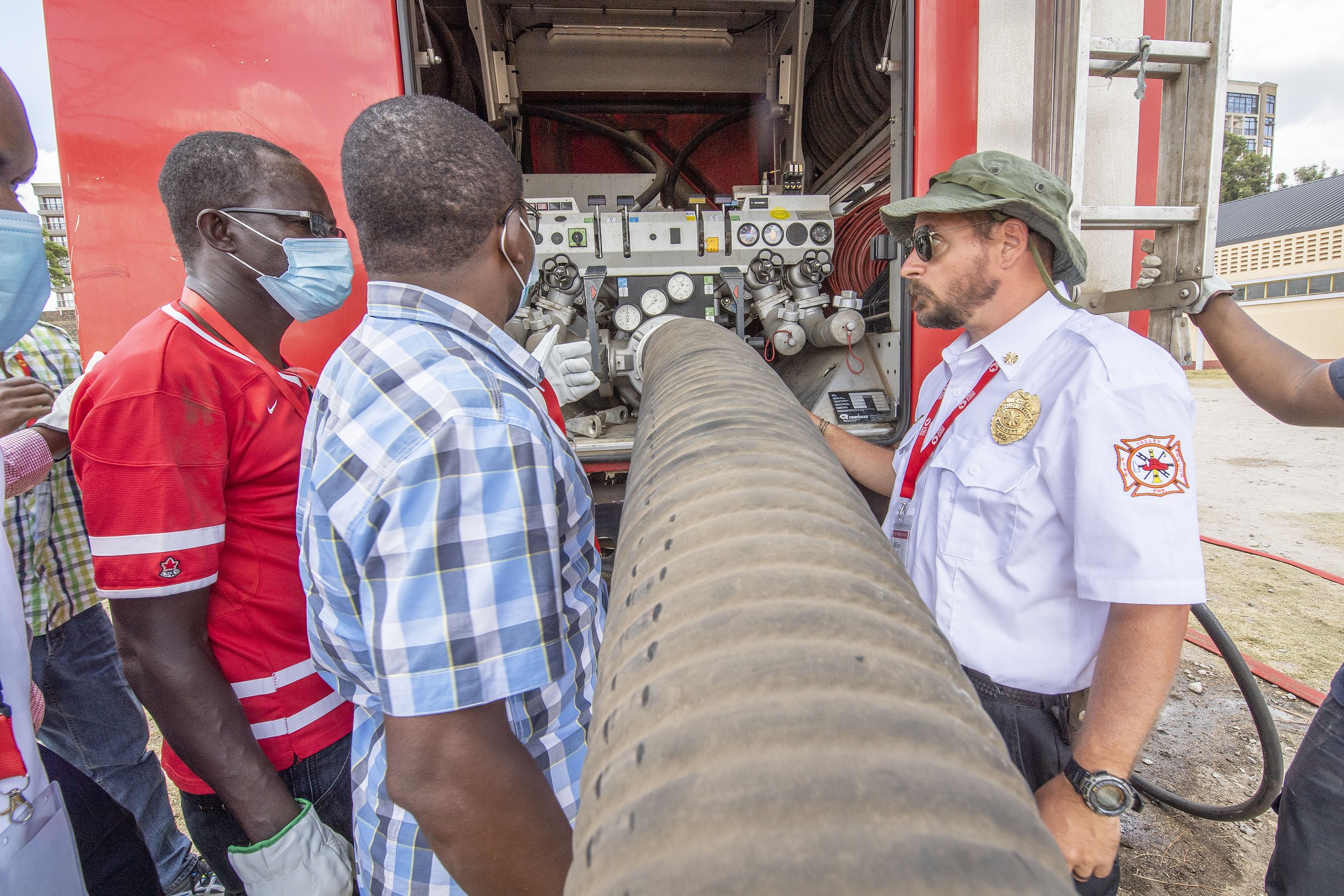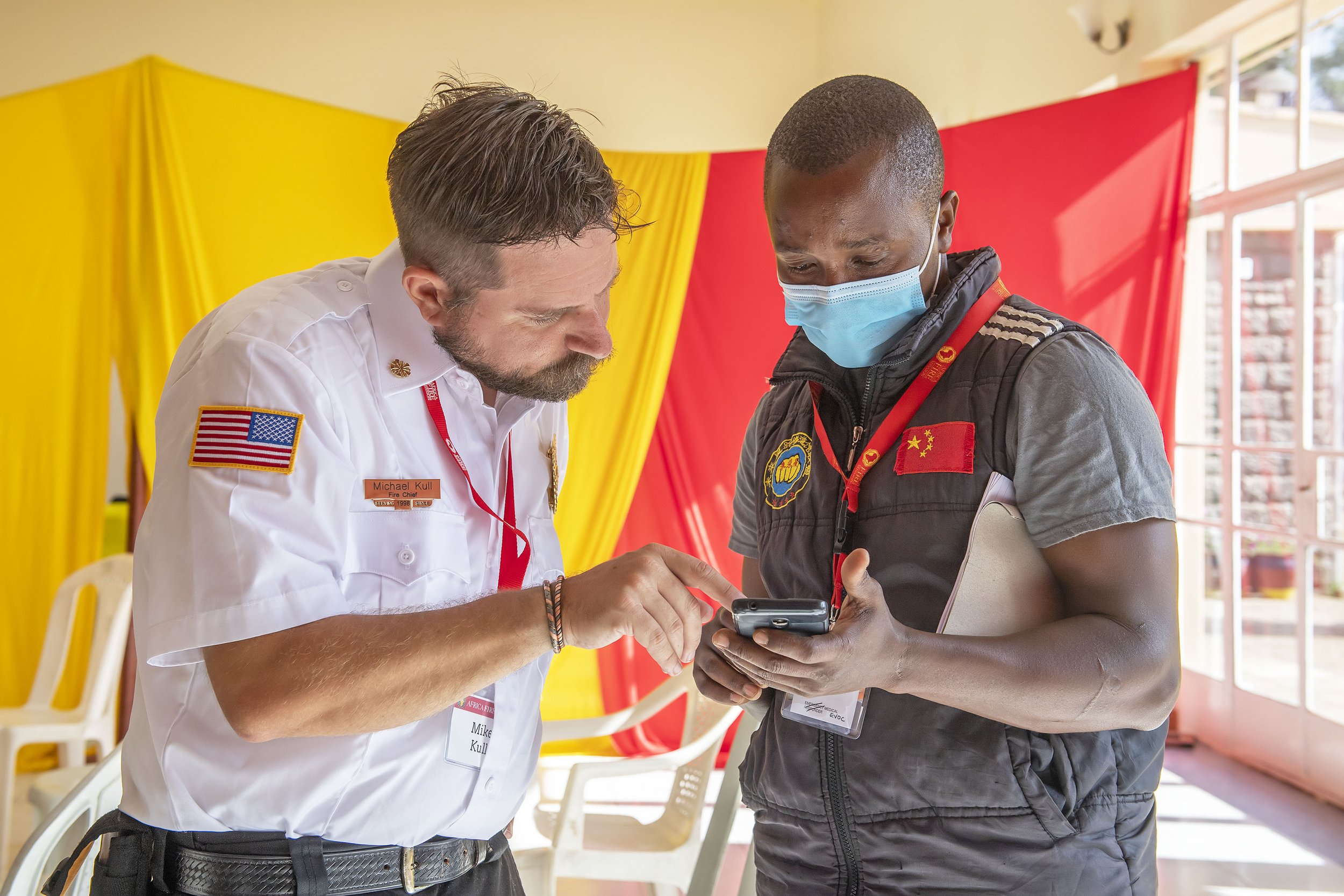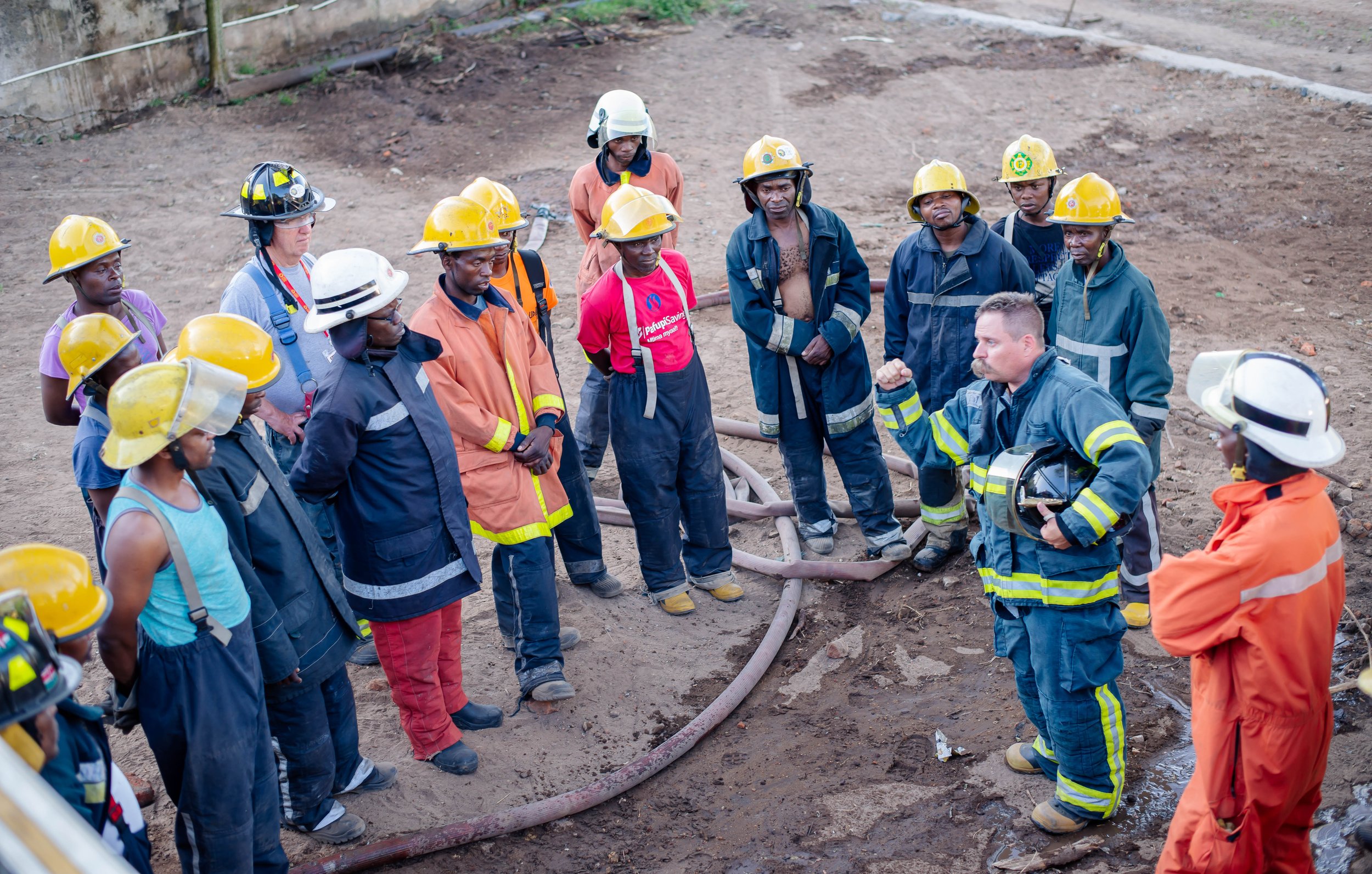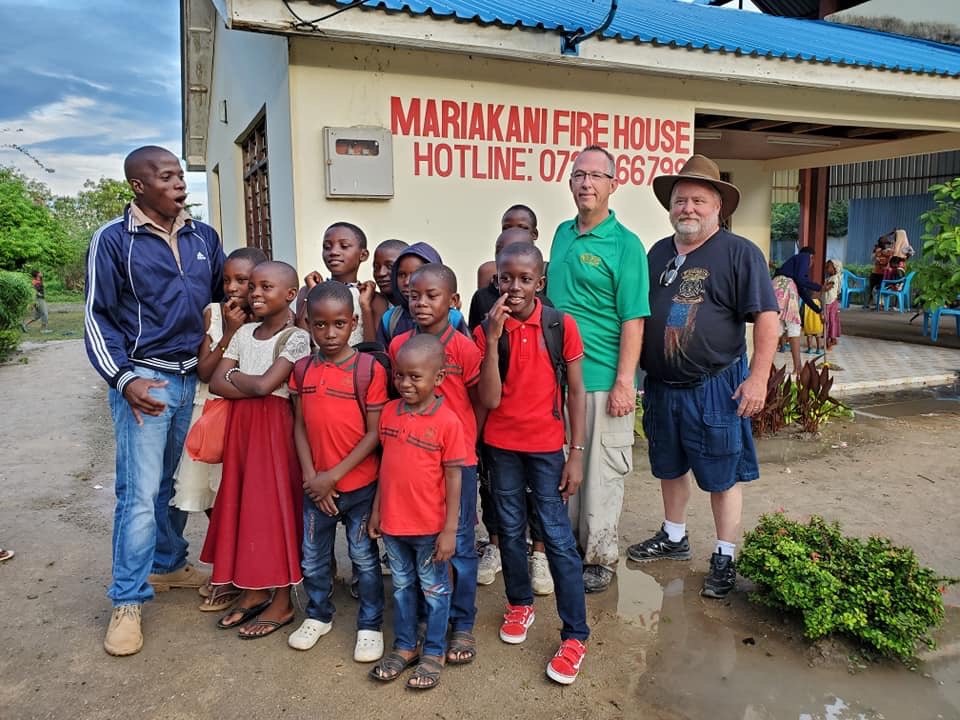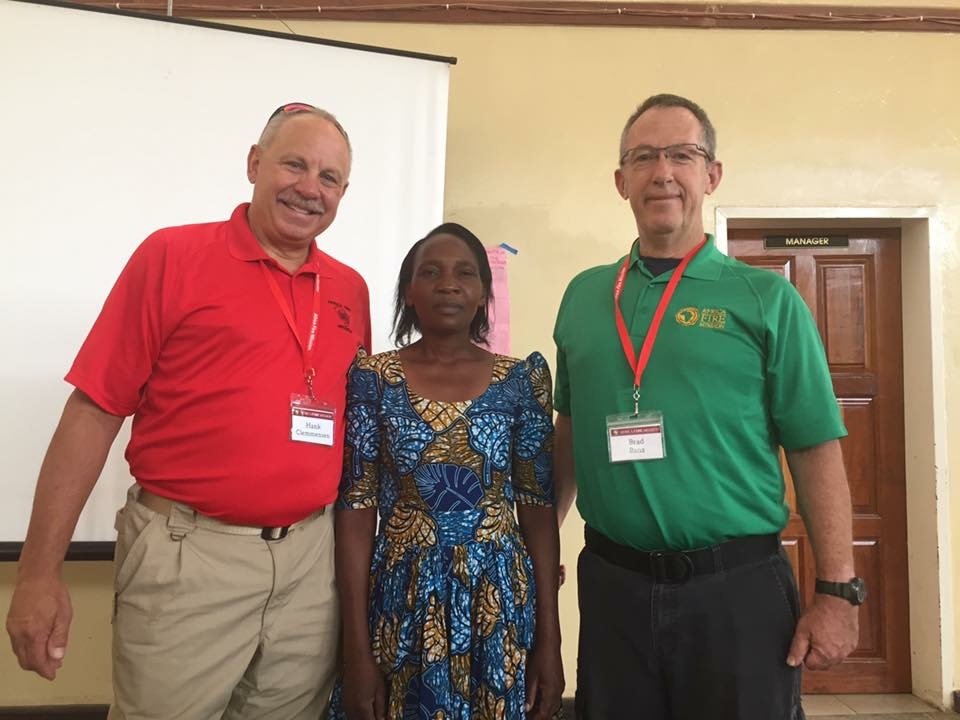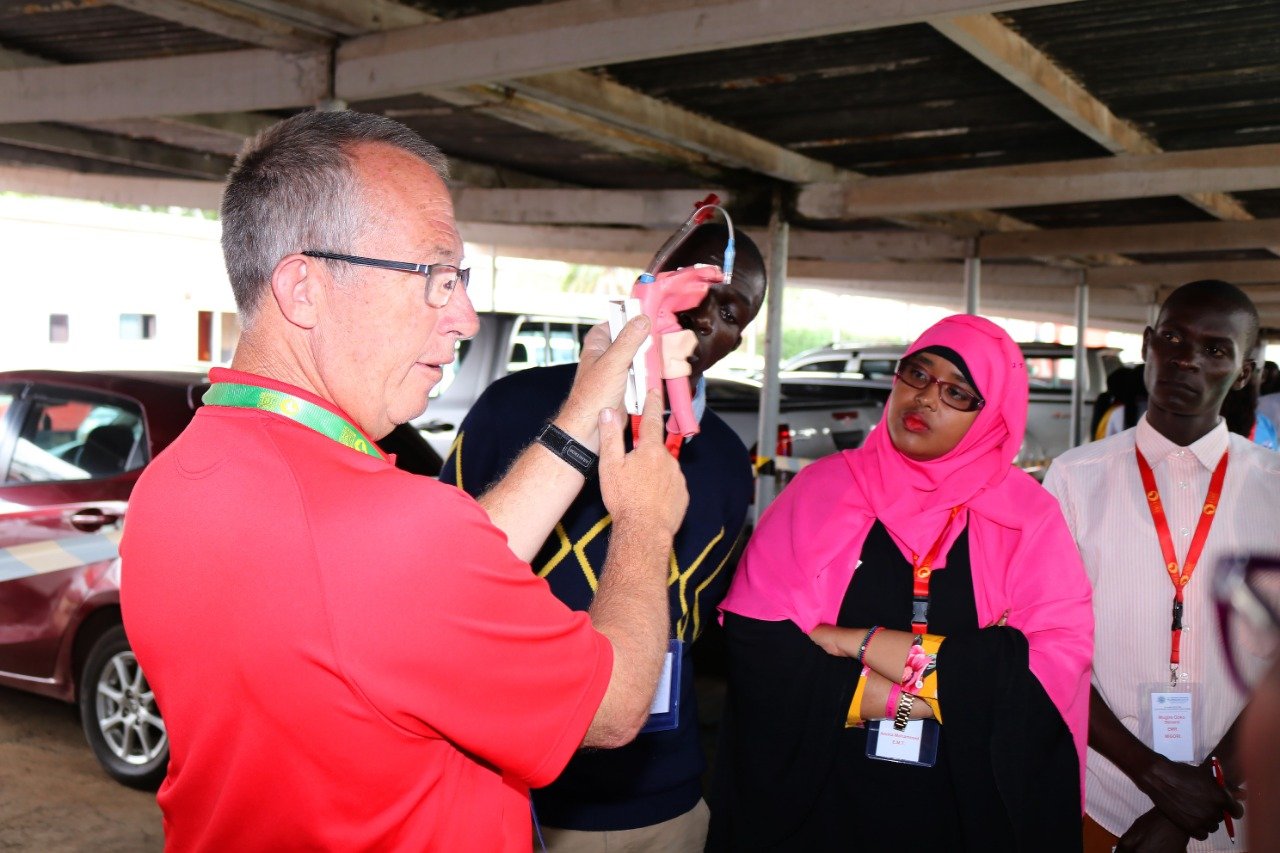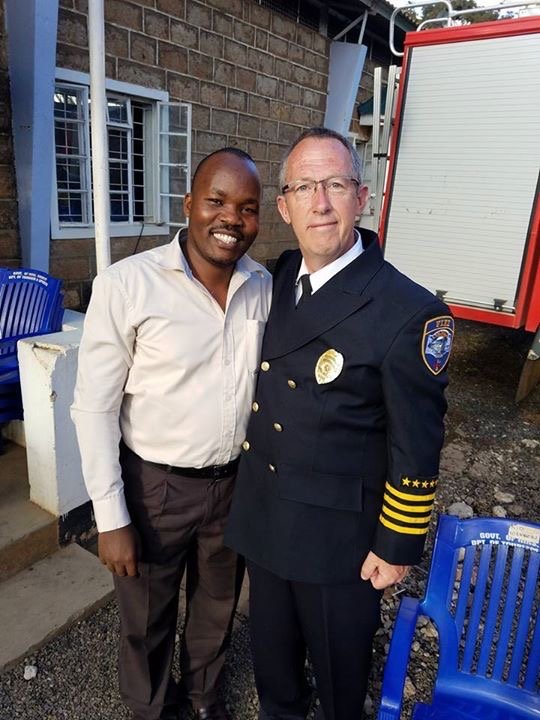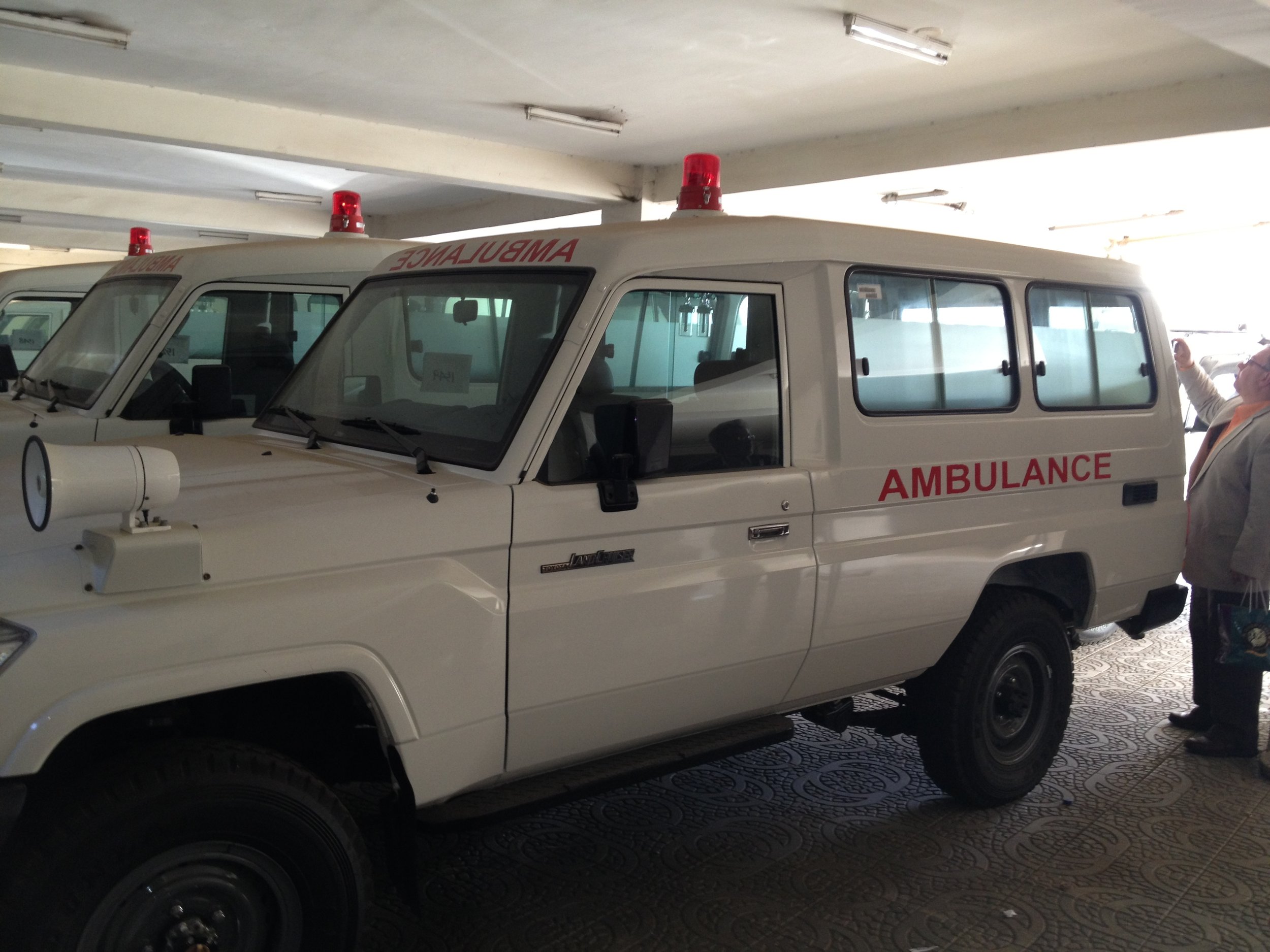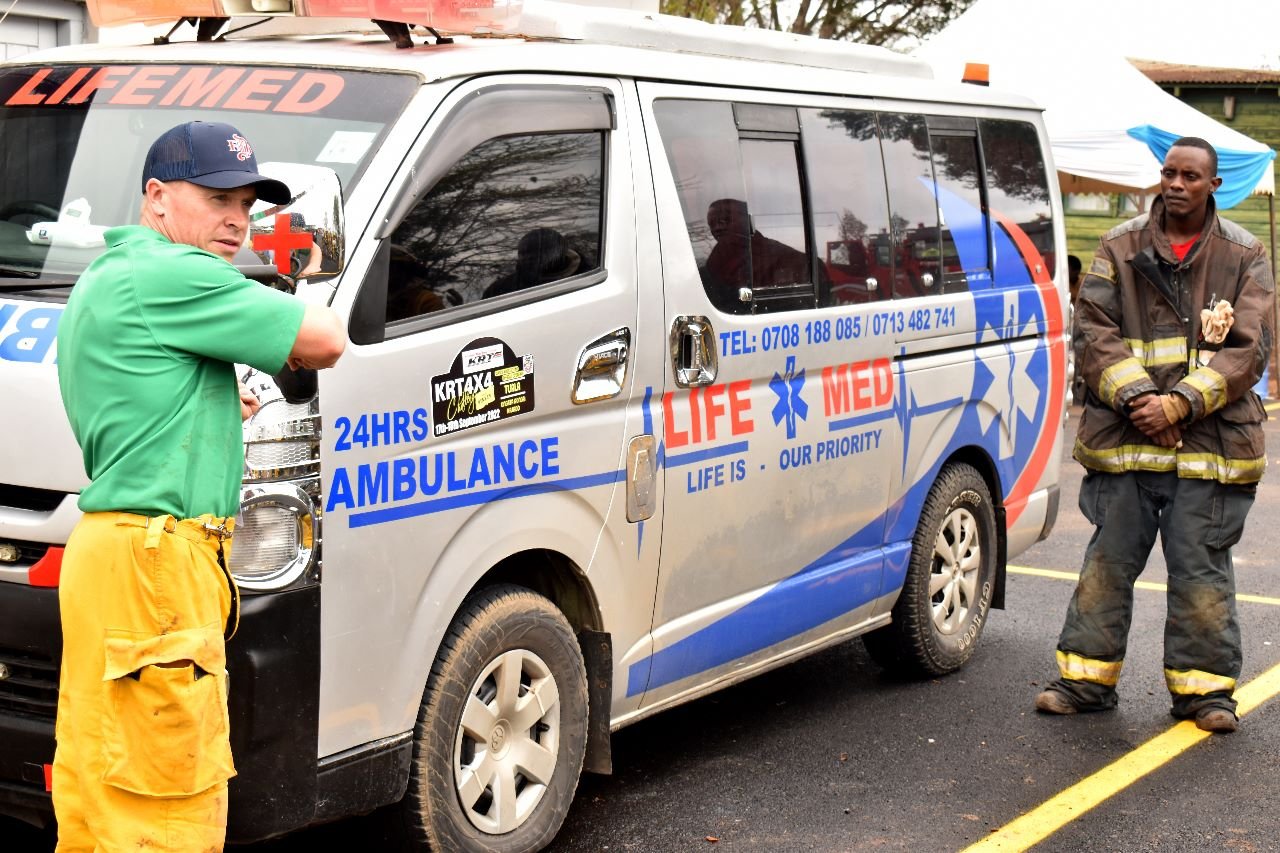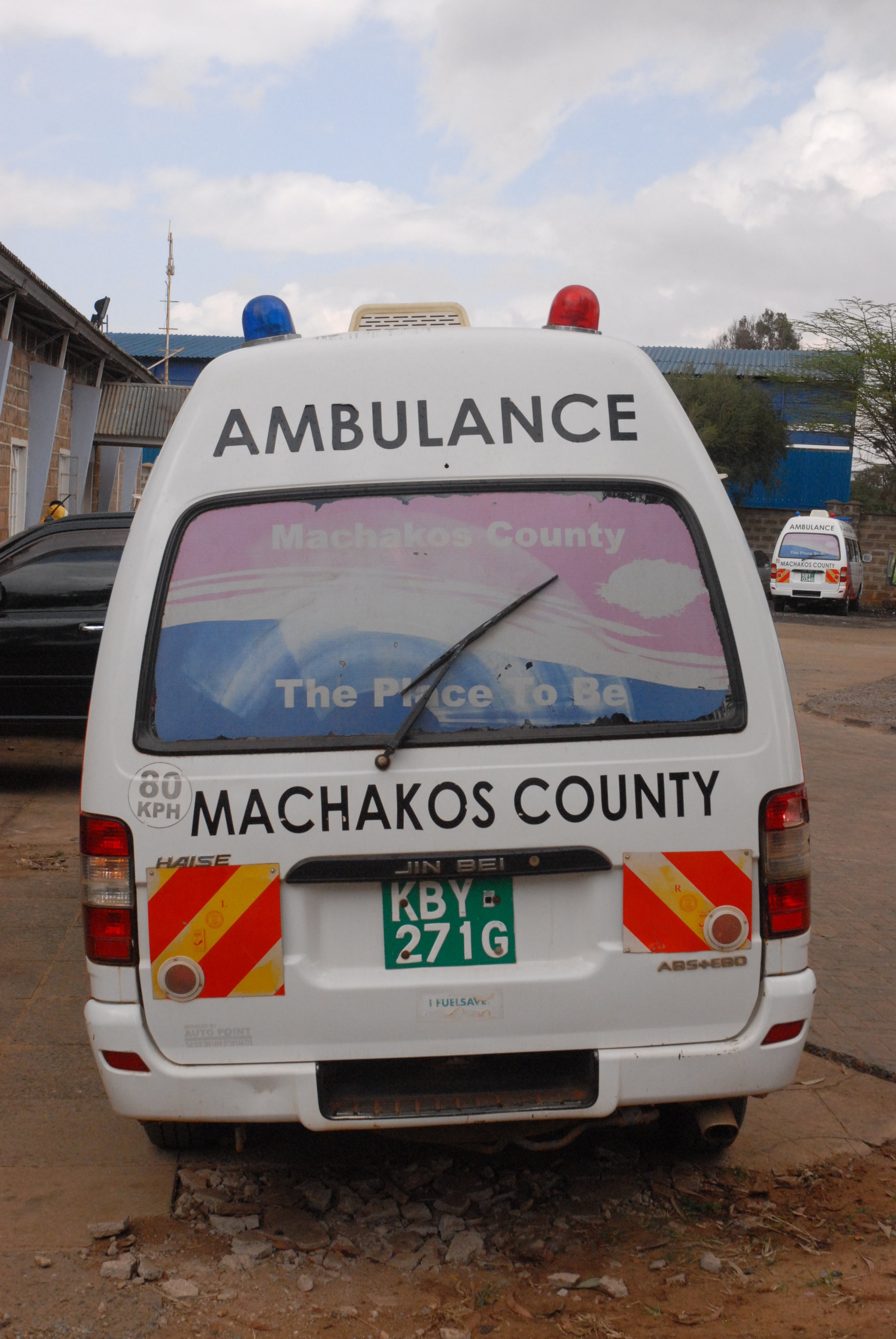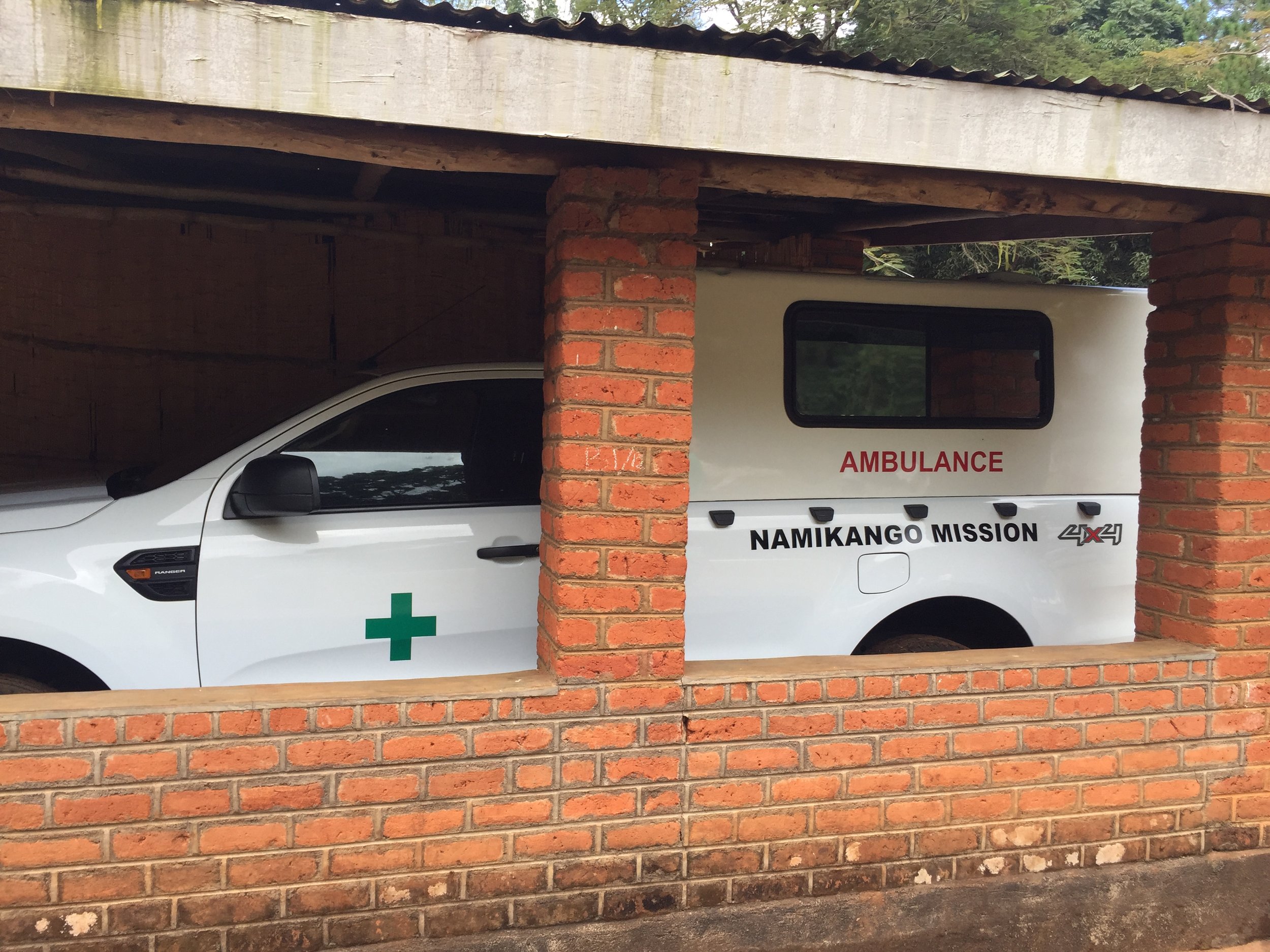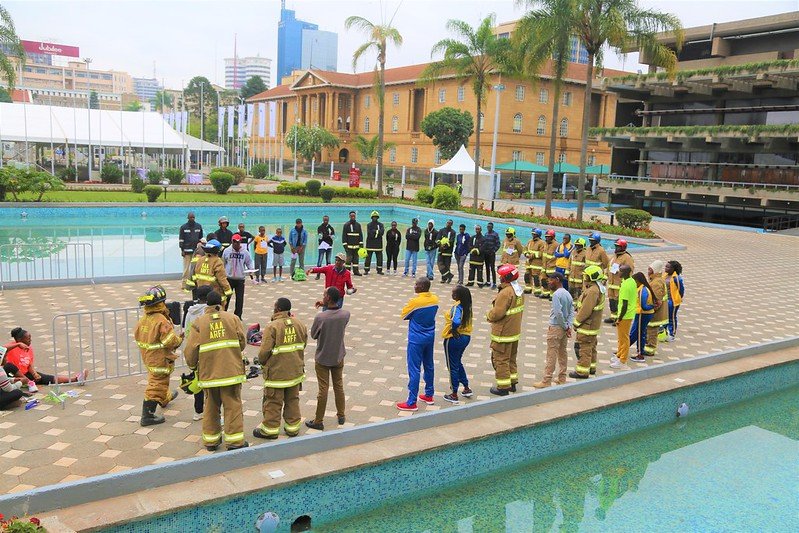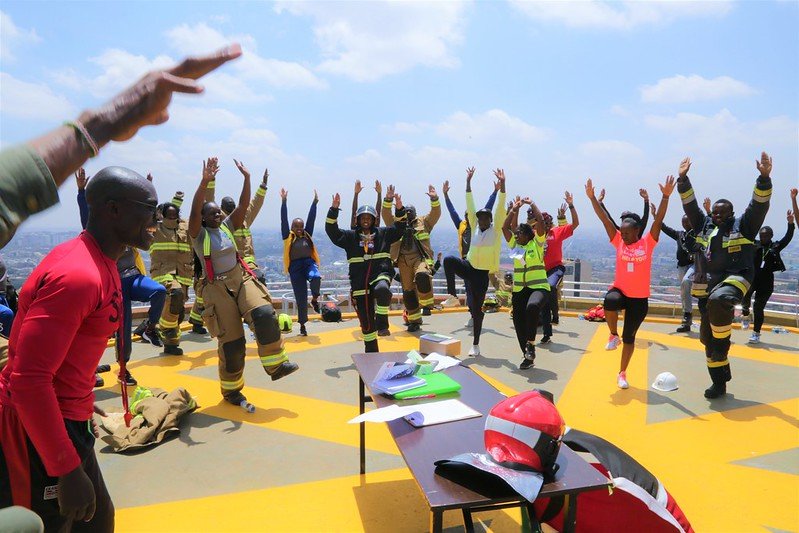In January 2026, Africa Fire Mission continued its partnership with Fire Aid through a follow-up training mission in Wajir County, Kenya, demonstrating what long-term, sustainable capacity building can look like in action. AFM Fire Safety Advocate Errol Sianga visited Wajir to assess the use of a wildland fire vehicle donated by Fire Aid (in association with Dubai Civil Defense) in 2025 and to provide additional hands-on training for the Wajir Fire Brigade. The goal of the visit was not only to ensure that the apparatus is functioning well, but also to strengthen the brigade’s operational readiness and expand their role in community fire prevention.
From Equipment to Impact
The wildland fire vehicle was found to be in good working condition, but the visit highlighted a familiar challenge across many emerging fire services: the need for more frequent and consistent training. AFM emphasized the importance of daily drills and regular equipment use to ensure firefighters are fully prepared for real emergencies.
Throughout the week, firefighters participated in station drills focused on:
Operating the wildland fire vehicle
Fire suppression techniques
Mounting and dismounting procedures
Proper donning and doffing of PPE
Water refilling and equipment utilization
This practical instruction reinforced AFM’s belief that equipment alone is never enough. Training, well-managed systems, and leadership are what truly save lives.
Expanding Into the Community
One of the most significant outcomes of the Wajir visit was the launch of structured community fire prevention outreach. This is an area where the Wajir Fire Brigade had not previously been active. With AFM’s support, firefighters conducted five outreach activities reaching approximately 1,150 people across markets and schools.
Community members and students received education on gas cylinder safety, fire evacuation, and stop, drop, and roll. Schools included Wajir Girls Secondary School, Wajir Boys Secondary School, and AIC Primary and Junior Secondary School, helping to equip the next generation with lifesaving knowledge.
Building a Culture of Prevention
Beyond technical skills, AFM provided Training of Trainers (ToT) on how firefighters can independently conduct community fire prevention initiatives going forward. The Wajir Fire Brigade was challenged to continue outreach in local markets and schools, shifting their role from reactive responders to proactive community safety leaders.
This reflects AFM’s four-pillar approach: Train, Empower, Support, Encourage—not just delivering training, but building long-term ownership and leadership within local fire services.
A Partnership That Goes Beyond Donations
This project highlights the power of AFM’s partnership with Fire Aid: moving beyond one-time equipment donations to sustained engagement, follow-up training, and measurable community impact.
As Errol Sianga shared in the report:
“Thank you for the opportunity to continue to partner with Fire Aid in Wajir. We look forward to continuing to ensure that donated apparatus is being utilized well.”
For AFM supporters, Wajir represents exactly what your support makes possible: firefighters better trained, communities better informed, and systems becoming more resilient over time. Together with Fire Aid and Dubai Civil Defense, AFM is helping to build safer communities and develop the confidence of first responders in Sub-Saharan Africa.

